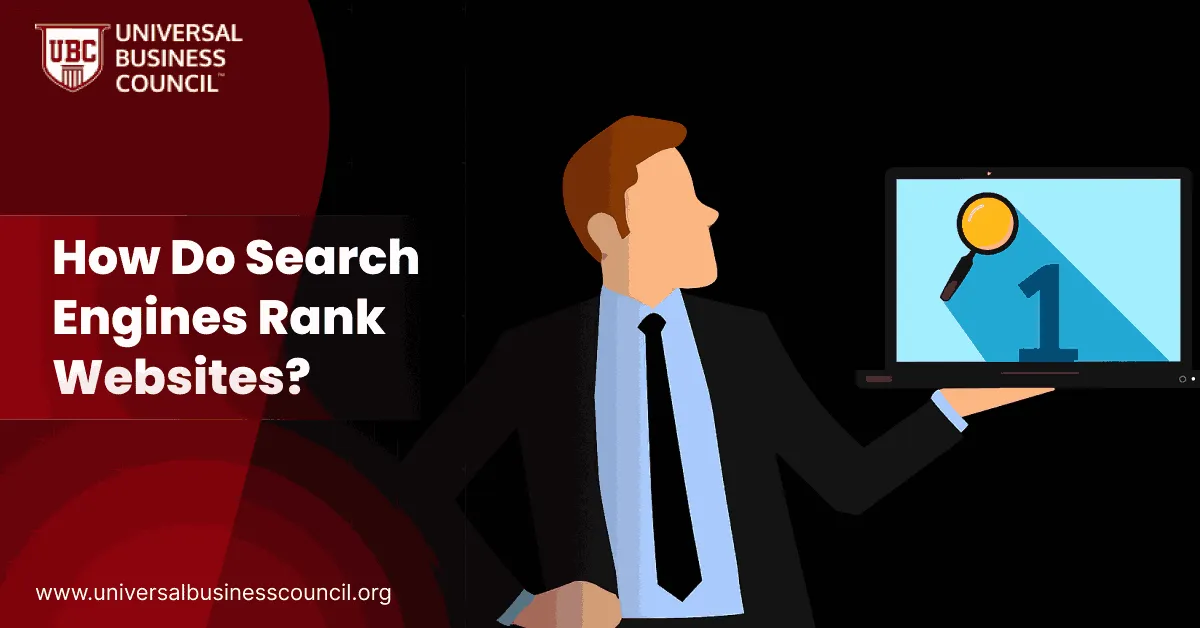 Search engines rank websites based on how well a page answers a user’s query. They look at factors like content quality, user experience, backlinks, site structure, and overall authority. The better your content matches the search intent and technical expectations, the higher your site appears in results.
In this article, you’ll learn how ranking works in 2025, what factors matter most, and how to optimize your site accordingly.
Search engines rank websites based on how well a page answers a user’s query. They look at factors like content quality, user experience, backlinks, site structure, and overall authority. The better your content matches the search intent and technical expectations, the higher your site appears in results.
In this article, you’ll learn how ranking works in 2025, what factors matter most, and how to optimize your site accordingly.
What Happens Before Ranking: Crawl and Index
Search engines first crawl websites using bots. These bots scan your site and collect data. That data is added to an index, a massive database of web pages. When someone types in a search, the engine checks the index to find the most relevant matches. Only indexed pages can appear in search results. If your site has crawl errors or blocks bots, it won’t get ranked at all.Key Factors That Influence Website Ranking
Content Quality and Search Intent
Content is still the number one factor. Search engines prioritize content that:- Answers the user’s question clearly
- Matches the search intent (informational, navigational, transactional)
- Is original, well-structured, and factually accurate
Backlinks and Domain Authority
Backlinks are links from other sites to yours. If trusted sites link to your content, search engines treat that as a vote of confidence. But not all links are equal. One link from a top media site is worth more than ten links from random blogs. Focus on earning links from reputable, relevant websites.User Engagement Metrics
Search engines watch how users interact with your page. If people click through, stay longer, and visit multiple pages, that’s a good sign. If they bounce quickly or leave right away, your content may be off-topic or low quality. Key metrics include:- Click-through rate (CTR)
- Bounce rate
- Time on site
- Pages per session
Page Experience and Speed
Google now prioritizes how your site performs for users. This includes:- Fast loading speed
- Mobile-friendly design
- Clear layout and navigation
- No intrusive pop-ups or hidden content
Technical SEO
Technical elements help search engines understand your site. These include:- Title tags and meta descriptions
- Structured data (schema markup)
- Canonical tags
- Secure HTTPS
- Proper internal linking
- No broken links or crawl errors
Brand Authority and Mentions
Strong brands tend to rank better. If your site gets mentioned in reviews, news, or social media, search engines notice. Branded searches, positive mentions, and even consistent naming help boost credibility. This is especially useful when optimizing for AI-generated answers and summaries.Top Search Engine Ranking Factors
| Factor | Why It Matters | How to Improve |
| Quality Content | Helps match user queries | Write clear, helpful, original information |
| Backlinks | Proves authority and trust | Get links from topically relevant websites |
| User Engagement | Indicates content usefulness | Improve readability, layout, and navigation |
| Page Experience | Impacts usability and time spent | Optimize for mobile and fast loading speed |
| Technical SEO | Assists with crawling and indexing | Use schema, proper tags, and secure hosting |
| Brand Signals | Supports trust and visibility | Earn mentions, keep consistent across channels |
SEO vs AI Search
AI-driven search, such as chatbots and LLM-powered summaries, adds new layers to ranking. While classic SEO still matters, modern content must now appeal to both search engines and AI systems.| Signal Type | Traditional Role | Role in AI-Powered Search |
| Keywords and Content | Match queries with relevance | Match user intent and context |
| Backlinks | Build domain authority | Help AI systems gauge trustworthiness |
| Engagement Metrics | Prove content value | Teach AI what users find helpful |
| Technical SEO | Improve site structure and clarity | Aid understanding by AI and crawlers |
| Brand Presence | Strengthen search presence | Influence featured results and summaries |
| Experience Signals | Encourage longer visits and shares | Improve content priority in AI rankings |
How to Improve Your Ranking
Here’s a step-by-step approach you can follow:- Audit your content Make sure it’s accurate, original, and matches user intent.
- Fix technical issues Run SEO tools to identify broken links, slow pages, or crawl errors.
- Build backlinks Earn links by writing guest posts, collaborating, or publishing useful resources.
- Optimize on-page elements Use strong title tags, meta descriptions, headings, and internal links.
- Improve mobile and UX performance Check speed scores, simplify layouts, and reduce visual clutter.
- Establish authority Build your brand with reviews, mentions, social proof, and consistency.
Learn and Grow with the Right Skills
If you’re serious about improving your site’s performance in search:- Enroll in a Deep Tech Certification to master how search engines integrate AI and trust systems
- Explore Data Science Certification to understand how search patterns shape rankings
- Take a Marketing and Business Certification to create SEO strategies that align with business goals



